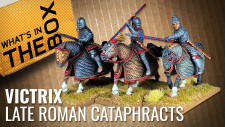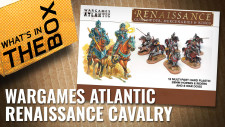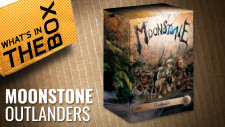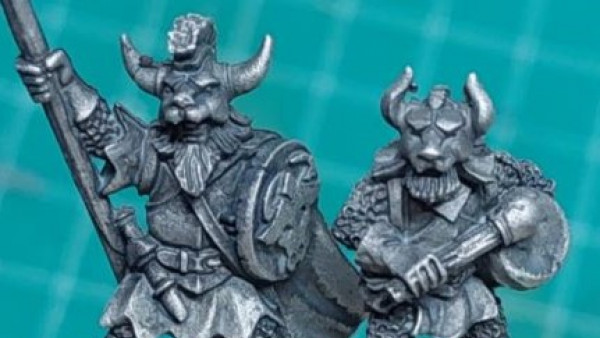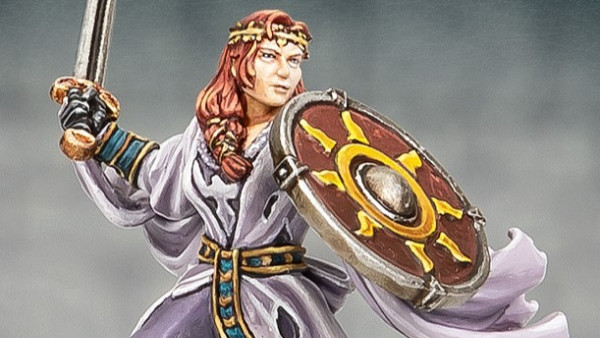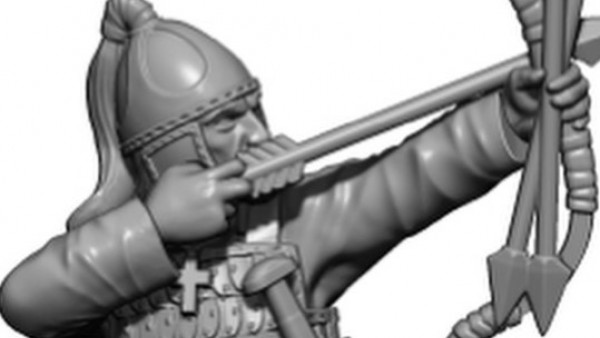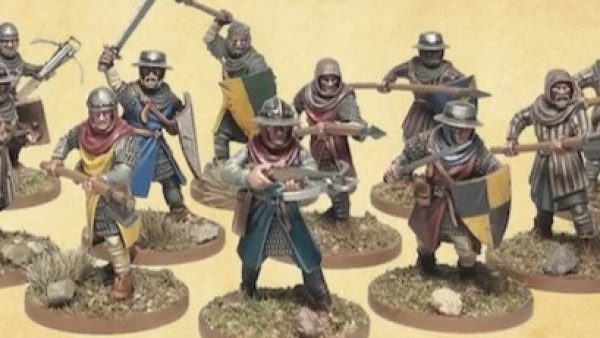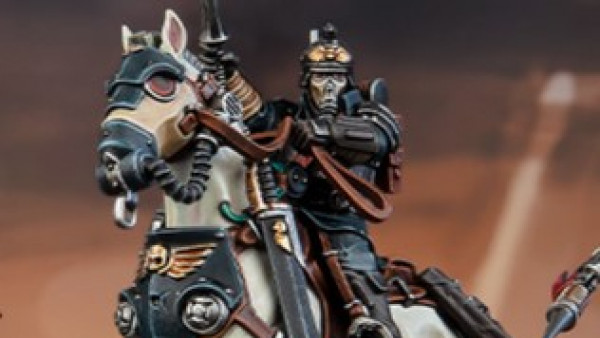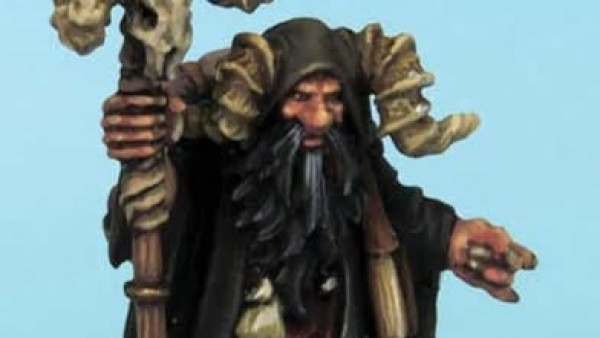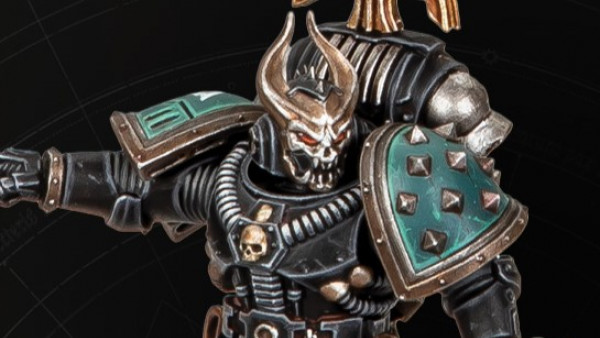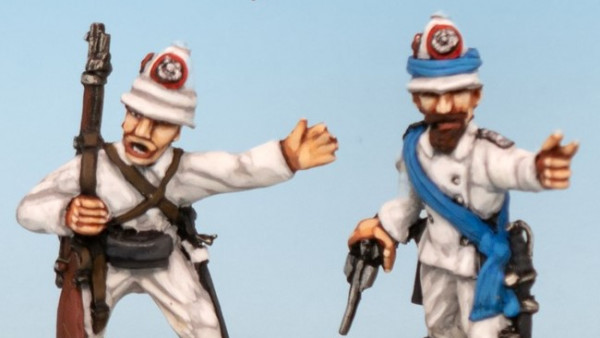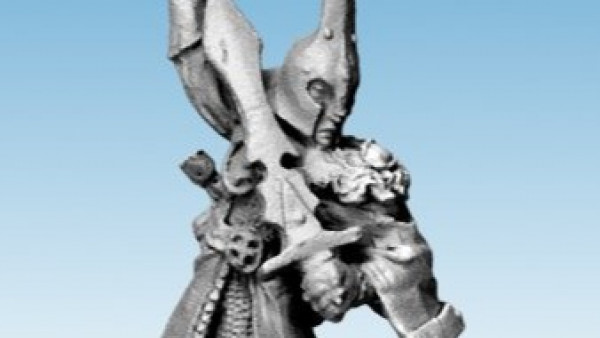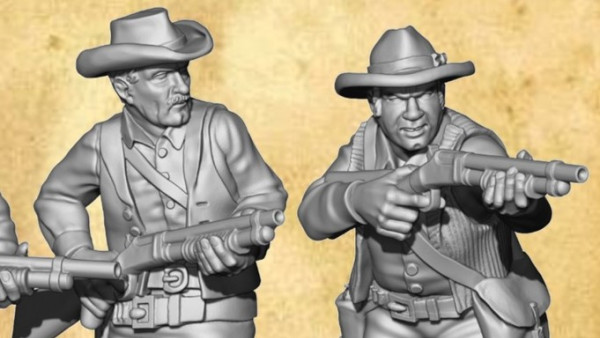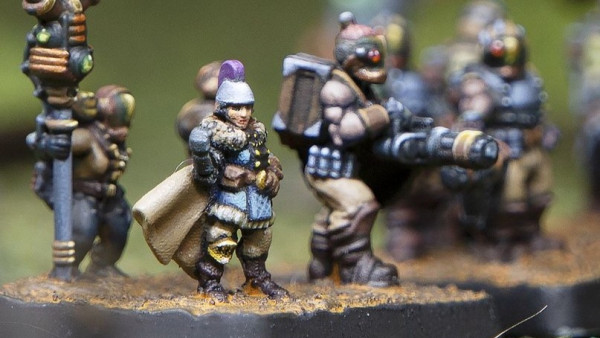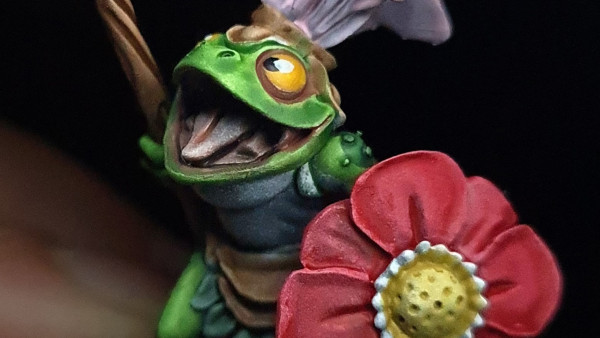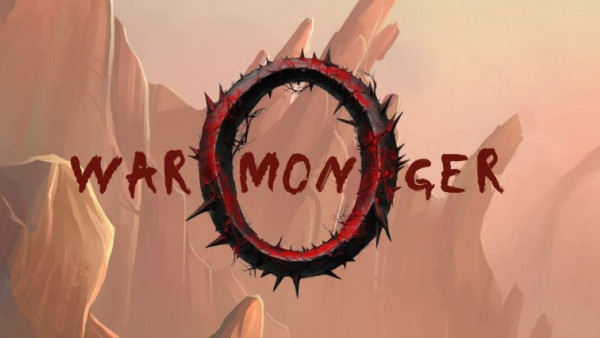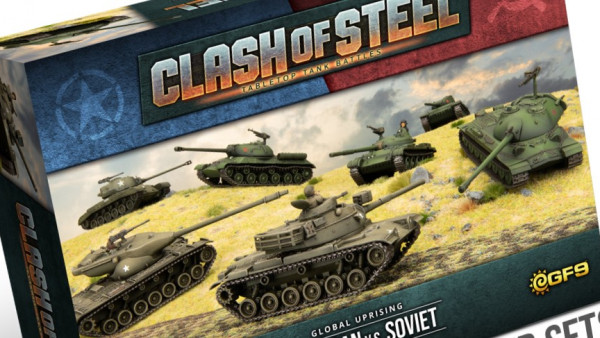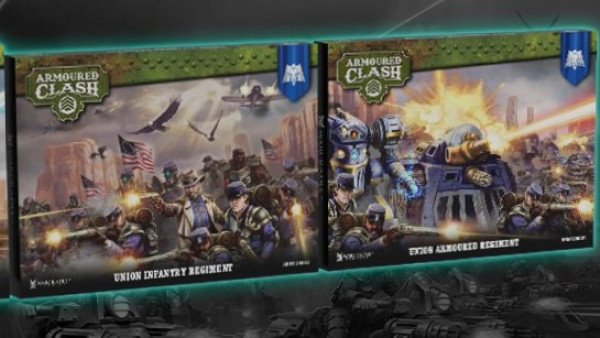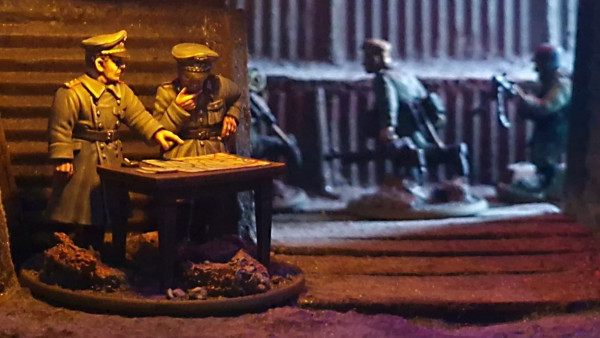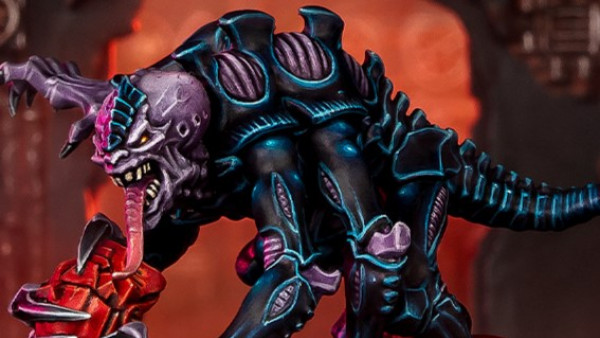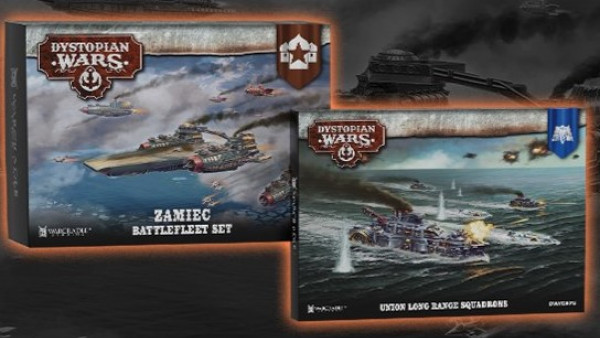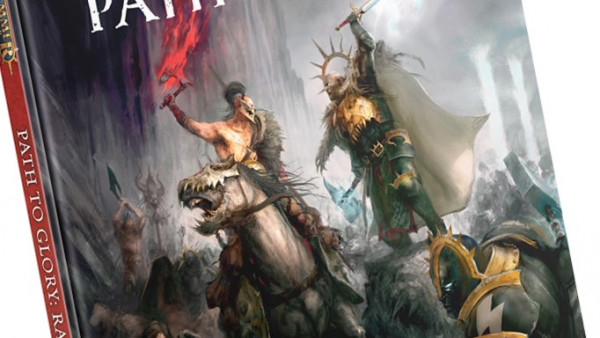Home › Forums › Historical Tabletop Game Discussions › Battle of the Bulge – December 16, 1944
This topic contains 60 replies, has 11 voices, and was last updated by ![]() zorg 6 years ago.
zorg 6 years ago.
-
AuthorPosts
-
December 18, 2018 at 11:47 pm #1315305
Epic, @trewets – I can confirm for sure StuGs were definitely there in at least moderate strength an attached StuG brigade, late-war formation that was really just a glorified collection of batteries, but still more than formidable on a Bolt Action table.
I would assume StuG riders would be historically feasible. That’s another late war thing, learned on the Eastern front, and Bulge definitely qualified. Especially since Pz Lehr was originally raised from German armor instructors (i.e., they would have heard / learned / applied the new tactics). I mean I can’t say 100% because I don’t know off the top of my head how deeply embedded 243rd StGtz Bge was in Pz Lehr’s OOB (integral or attached, etc.), But if I was a betting man, I would say 95% yes.
December 19, 2018 at 9:18 pm #1315551Oh man, I’m just in time for this one! 😀
 December 19, 2018 at 11:03 pm #1315567
December 19, 2018 at 11:03 pm #1315567@oriskany I am doing the game with @trewets over the next few months I am thinking going 7th Ghurkas Rifles (one paratroop and one rifles ) as wnat to keep Commenwealth theme i started in the bootcamp with mt Desert Rats
Does anybody know if they were in the Battle of the Bulge or am I messing up here and allowing estethics to take pesident over historical accuracy ?
December 20, 2018 at 10:51 am #1315806My heart always gos out to the 25 inf devision they survived the hurtgen Forest and moved to the Ardennes area to recover an the German’s shater that.
December 20, 2018 at 3:21 pm #1316064Awesome, pic, @wittmann007 – I like the washed color effect, too – it gives an authentic feel. . 😀
@caileendeas – My answer to you comes in two parts.
1) Always play the army you want. Gurkhas are come of my favorite Commonwealth troops and I can’t wait to see them on the table. 😀
2) From historical perspective, there were virtually no British / CW troops involved in the Battle of the Bulge, much less Gurkhas. There is one exception at the absolutely furthest westward tip of the German bulge, at Celles, where we see forward elements of the 2nd Panzer Division, strung-out and low on fuel, trying to cling to the furthest westward positions achieved by the Germans during the Ardennes offensive … only to be hit by Combat Command B of the 2nd Armoured Division (“Hell on Wheels”) and the vanguard of the British 29th Armoured Brigade.
We’ll be re-featuring this battle in this thread, probably later today.
Gurkhas in European combat would best be represented in Italy, where battalions and independent brigades were attached to several Commonwealth divisions, especially along the Gothic Line in late 44.
@zorg – so true, although I think you might have meant the 28th “Old Hickory” US Infantry division?
December 20, 2018 at 3:32 pm #1316066@caileendeas had a quick look on Wiki and other sites, they were in the Italian campaign and gained a unique battle honours Tavoleto’ for seizing the hilltop town of that name in the Marche, during the Cassino campaign.
At the end of the war they were part of the forces in Greece, and may have joined the Paras in fighting the communist revolution which went in in Nov 44.
December 20, 2018 at 6:26 pm #1316104December 20, 2018 at 10:05 pm #1316139@oriskany Thanks! Our group is currently trying to get our hands on an original Kodak for that authentic feel.
We were portraying members of the 9th SS-Panzerdivision “Hohenstaufen” during the fighting around St. Vith last weekend.



Technically speaking, the Kharkov Parka I’ve got on was only ever seen in one photo from the entire operation, and that was with the 1st SS, so it’s a bit of a rarity as far as the Bulge is concerned. The Mantel my colleague is wearing, however, was the most prominent.December 21, 2018 at 3:44 pm #1316481I agree with @bobcockayne – for Gurkas in Europe your best best is the Italian campaign, Arno Valley, Gothic Line, starting in late 43 and progressing through to the end of the war. Originally raised in Indian divisions, these battalions fought more commonly in North Africa, Syria, and Greece. In the Pacific they fought the Japanese in Burma, but also Malaya and India (well, modern day Bangladesh).
No worries, @zorg – you got the Hürtgen Forest connection ell enough, I knew what you were referring to. Oth divisions on the “front line” of the initial shock of Ardennes included the 106th “Golden Lions” Infantry, the 99th Infantry, and the 2nd Armored.
More epic shots, @wittmann007 . Indeed St. Vith was an incredibly important series of battles, often overshadowed by Bastogne. This is kind of a shame because St. Vith (as I’m sure you know) represents the assault corridor for what was supposed to be the main German thrust, Sepp Dietrich’s 6th SS Panzer Army, including divisions like SS “Hohenstaufen.” Our previous entries had 9th SS Pz marked on their map (upper left) almost behind St. Vith from the north, fighting Combat Command “A” of 7th US Armored at places like Poteau.
What makes St. Vith important (along with battlefields extending further north like Elsenborn Ridge) is how is more of less slams 6th SS Panzer Army in its tracks (aside from vanguard units like KG Peiper, etc.). This is what forces the Germans to sidestep to the south, shift the “schwerpunkt” further south into 5th Panzer Army’s sector (Hasso von Manteuffel). This represented an attempt to get around American positions like St. Vith and Elsenborn Ridge, and finally find a way toward the Meuse River and their ultimate objectives, Brussels and Antwerp (fantastically optimistic, of course, but these were their objectives at the time).
It was this new route of advance that leads to Bastogne. So in summary, Bastogne, “Nuts,” Patton’s “Rescue,” and other media-stealing elements, none of them ever become “a thing” without the outcomes of battles like St. Vith and Elsenborn Ridge.
December 21, 2018 at 3:49 pm #1316484British forces represented in the Battle of the Bulge. It did happen, as I said, it’s just not Gurkhas and is a very very small, isolated case.
Celles – 25 December 1944. Merry Christmas. 😐



 December 21, 2018 at 3:56 pm #1316488
December 21, 2018 at 3:56 pm #1316488@oriskany remember reading the 11th Armoured division history for around this time, It delayed the conversion to Comets, they had to go back to Shermans and Fireflys to help with response.
December 21, 2018 at 4:02 pm #1316490Indeed they did, but to my reading they never actually got into combat during the Bulge. There’s a famous photo of the 11th Armoured Firefly at Namur, part of the positions they were taking up along the Meuse as a backup reserve line roughly Liege – Namur).
But outside of 29th Armoured Brigade – I don’t think there was much fighting.
December 21, 2018 at 4:09 pm #1316496Okay, now the 29th Armoured Brigade was part of 11th Armoured Division, at least until 14 December 1944. So it looks like as 11th Armoured was moved up the Meuse line, 29th was detached a few days previously as part of a XXX Corps operational reserve, to be committed along with CC “B”/ US 2nd Armoured Division against 2nd Panzer at Celles (25 December).

 December 21, 2018 at 4:16 pm #1316497
December 21, 2018 at 4:16 pm #1316497@orisknany should have mentioned 29th was part of 11th Armoured, That photo is ‘Famous’.
I have best part of 2 squadrons of 11th Armoured in 1/200th and 2 x Troops in 28mm , and anything I do for Weird War tends to be done as 11th Armoured Division.
December 21, 2018 at 5:29 pm #1316508 -
AuthorPosts
You must be logged in to reply to this topic.

































